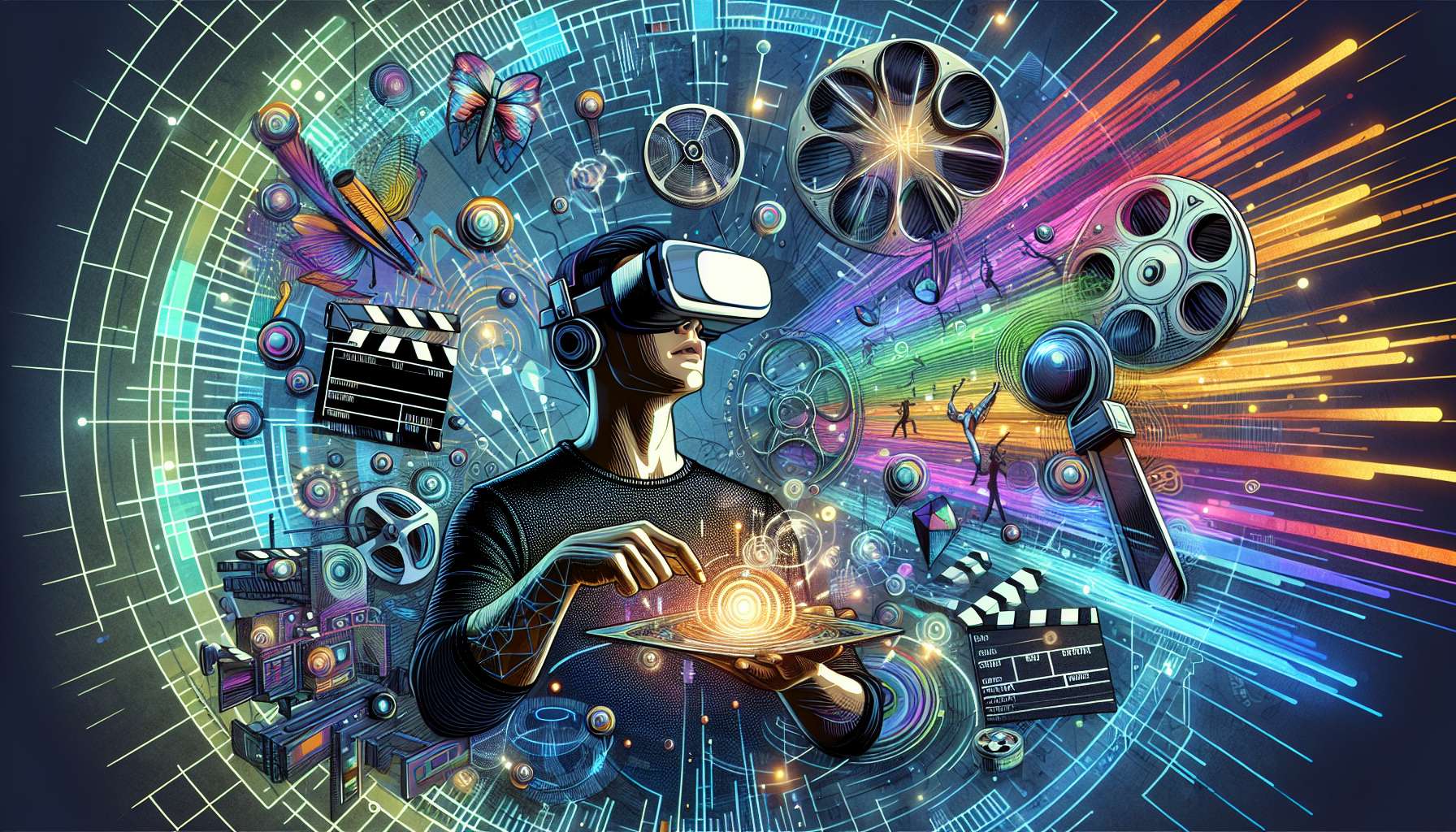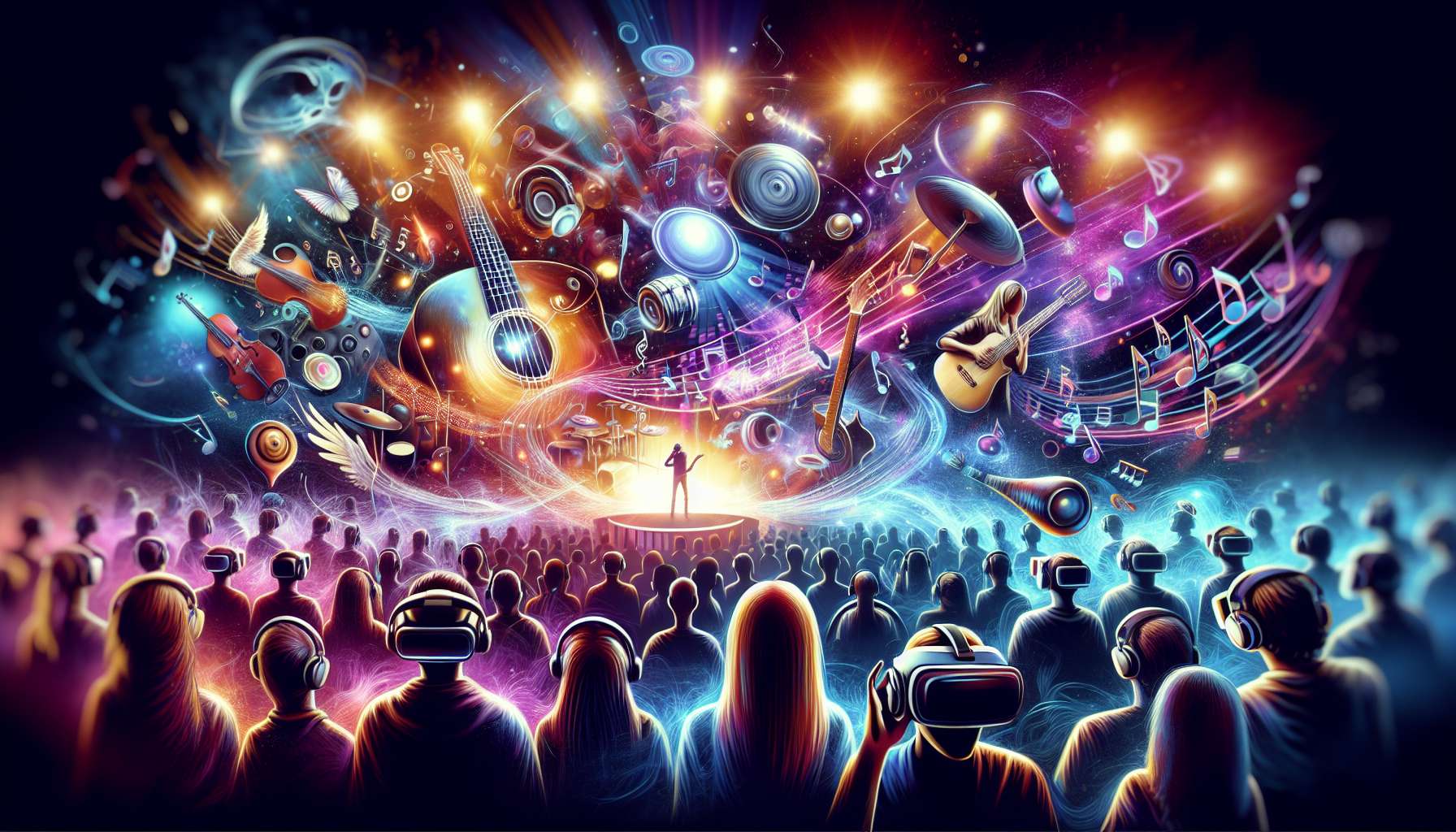Virtual Reality (VR) technology has been revolutionizing various industries, and the world of filmmaking is no exception. With the advent of immersive VR cinema, filmmakers are exploring new frontiers in storytelling and audience engagement.
Imagine stepping into a virtual world where you are not just a passive viewer but an active participant in the narrative. This is the promise of immersive VR cinema, where viewers can experience films in a 360-degree environment, allowing them to look around, interact with objects, and even influence the storyline.
One of the key advantages of immersive VR cinema is the level of immersion it offers. Traditional films are viewed on a flat screen, creating a sense of detachment between the viewer and the story. In contrast, VR cinema places the viewer right in the middle of the action, creating a sense of presence that is unparalleled.
Filmmakers are also experimenting with new storytelling techniques in VR cinema. With the ability to guide the viewer’s attention in a 360-degree space, filmmakers can create non-linear narratives where viewers can choose their own path through the story. This interactivity adds a new dimension to storytelling, blurring the lines between cinema and video games.
Moreover, VR cinema opens up new possibilities for visual and auditory experiences. Filmmakers can create stunning visual landscapes that surround the viewer, transporting them to fantastical worlds that were previously unimaginable. Sound design also plays a crucial role in VR cinema, with spatial audio techniques enhancing the sense of immersion and presence.
However, the adoption of VR cinema still faces challenges. The technology required to experience VR films, such as VR headsets, can be expensive and not yet widely accessible. Additionally, creating content for VR cinema requires a different set of skills and tools compared to traditional filmmaking, posing challenges for filmmakers looking to venture into this new medium.
Despite these challenges, immersive VR cinema holds immense potential for the future of filmmaking. As technology continues to advance and become more affordable, we can expect to see a rise in VR cinema experiences that push the boundaries of storytelling and audience engagement.
In conclusion, immersive VR cinema represents a new frontier in filmmaking, offering unparalleled levels of immersion, interactivity, and storytelling possibilities. While still in its early stages, VR cinema has the potential to revolutionize the way we experience films and usher in a new era of cinematic innovation.








